Iodized Salt vs Sea Salt Comparison [Nutrition, Taste, Cost & More]
Iodized salt vs sea salt are beneficial for your body and necessary for your daily diet, but they also have differences in some criteria.
Keep reading this article to explore more about the two common salt types, and decide which one is better and healthier.
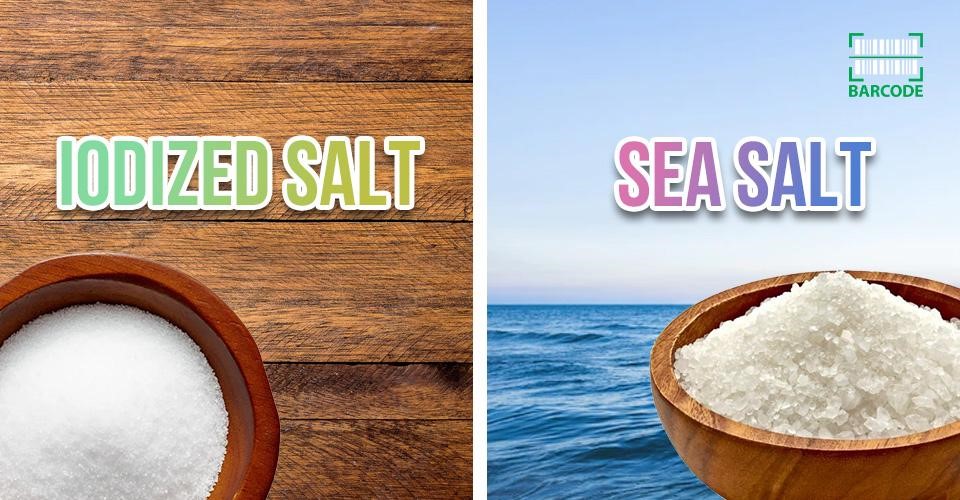
Iodized salt vs sea salt
What Is Iodized Salt?
Also called table salt, iodized salt is a salt containing small sodium amounts of potassium iodide.
In other words, it is just ordinary salt that can be sprayed with potassium iodate. It tastes and looks the same!
Most of the table salt used today is iodized, which comes with multiple benefits, such as Tata salt, one of the salt products providing plenty of iodine supplements.
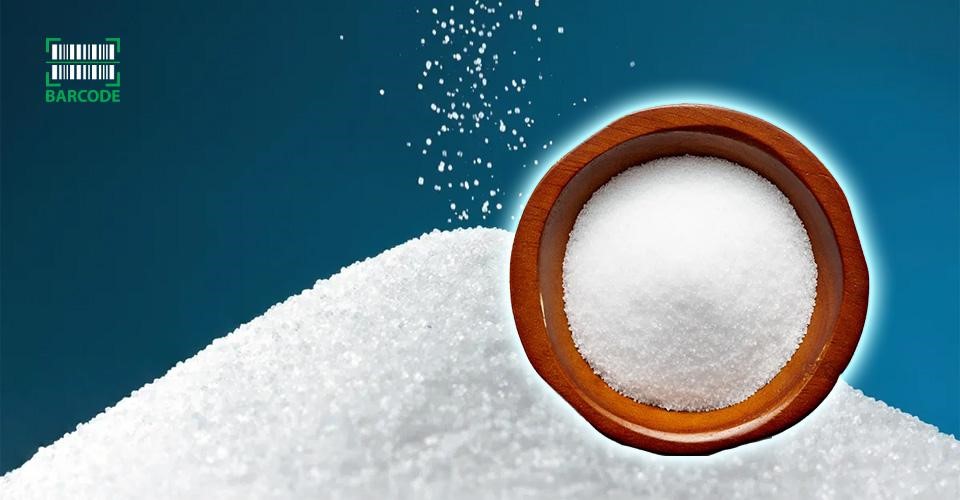
Iodized salt
What Is Sea Salt?
Unlike iodized salt, sea salt is produced by the sea water's evaporation. It is used as a spice in food, cooking, cosmetics, and preservation.
Sea salt is also known as sun-dried, sun-dried, or simply salt.
The extraction of sea salt, such as rock salt, from mining dates back to prehistoric times.
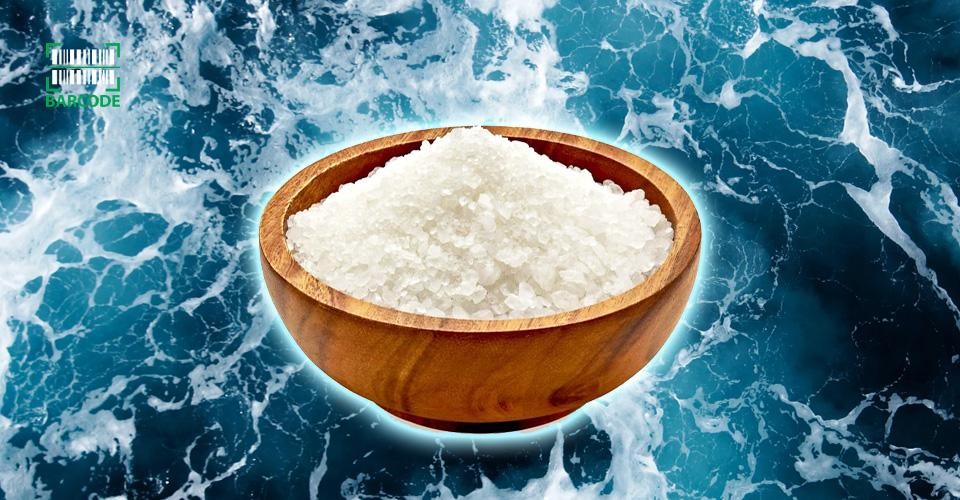
Sea salt
Iodized Salt vs Sea Salt: Comparison
You find it difficult to distinguish two common salt types: sea salt and iodized salt?
Let’s look at the summary table below to see the main difference between iodized salt and sea salt easily:
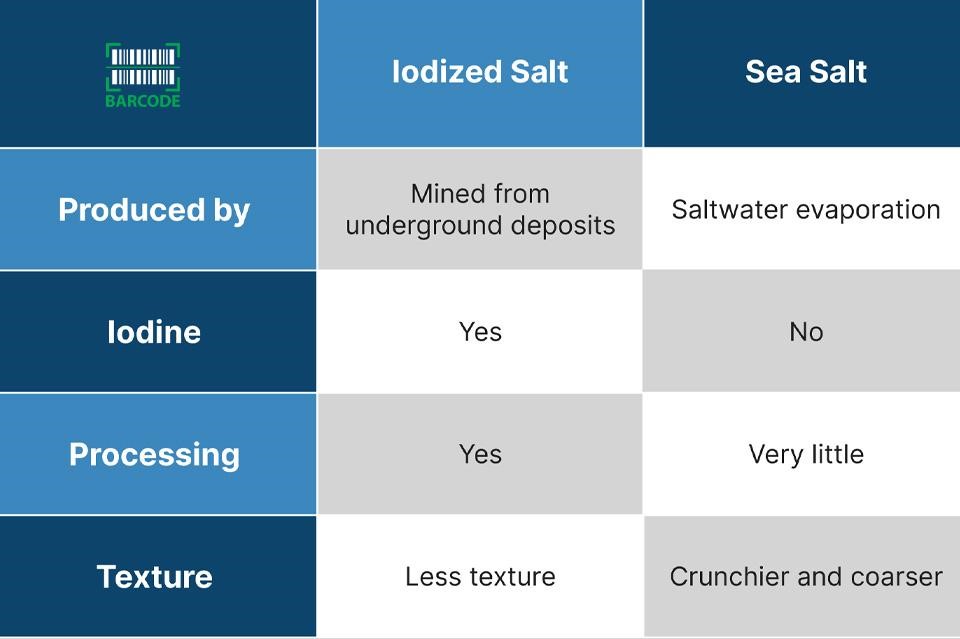
The main differences between table salt vs sea salt
Apart from referring to the comparison table above, you can consider some specific criteria to have a full comparison of the two salt types.
Nutrition
Sodium is a mineral necessary for maintaining normal muscle and nerve function as well as for maintaining fluid balance. It is found in various foods with salts composed of sodium chloride.
Both iodized salt and sea salt contain the same sodium amount. Thus, you shouldn't use over 1500 milligrams daily.
Despite that, the difference between table salt vs sea salt is the dimension of crystals.
Several types of sea salt include larger crystals than iodized salt. As a result, a spoonful of sea salt usually contains less sodium than a spoonful of iodized salt.
A high-sodium diet raises blood pressure and increases the risk of stroke and heart disease.

The nutrition comparison of the sea salt and iodized salt
Taste & usage
Unprocessed sea salt is crunchy and sharper in taste than iodized salt. Yet, it can lose its taste and color when dissolved or cooked and is less "salty" than iodized salt due to the additional minerals' presence.
Comparing sea salt vs iodized salt baking, iodized salt is preferred because the fine granules dissolve quickly.
Health effects
Iodized salt contains iodine, a necessary nutrient helping maintain a healthy thyroid. It's also beneficial for pregnant women.
If you don't get enough iodine, your body can't produce enough thyroid hormone, resulting in an enlarged thyroid gland and goiter. Therefore, this salt type can help prevent goiter.
Which is better sea salt or iodized salt? Sea salt is better and healthier because it is more natural, with more healthy minerals, including iron, magnesium, and sulfur.
The benefits of sea salt include reducing flare-ups and skin irritation in people with eczema once used in a warm bath.
Sea salt, high in magnesium, promotes hydration and helps reduce dry skin irritation.
So, the difference between iodized sea salt vs sea salt is so slight that it doesn't matter.
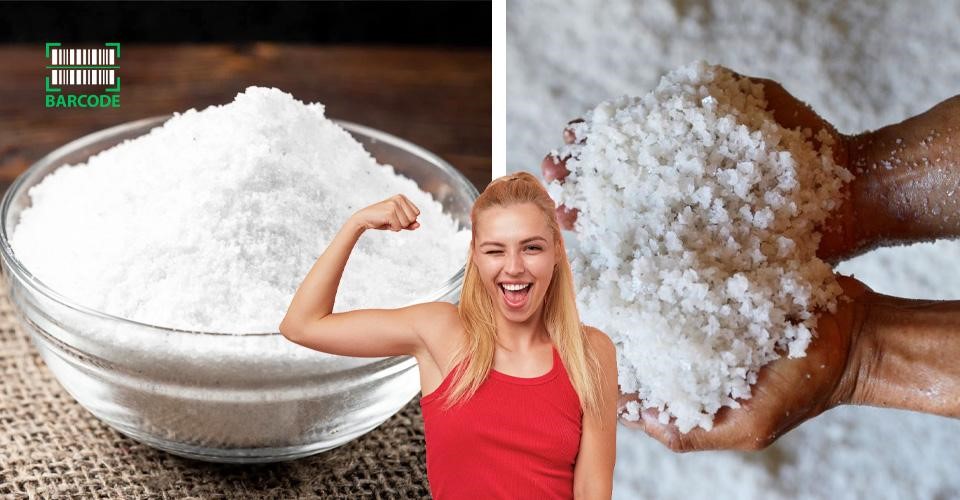
The difference between the health effects of sea salt and iodized salt
Variants
Regarding the difference of variants between natural sea salt vs iodized sea salt, sea salt is available in multiple variants than iodized salt.
It is available in varieties at a wide range of prices, including Fleur de Sel from France, Real Salt from Oregon, Chardonnay sea salt, smoked sea salt, flake sea salt, gray sea salt, Pink Himalayan salt, and Celtic sea salt.
Cost
Cost is one of the key criteria leading to the basic difference between salt iodized vs sea salt.
Iodized salt is more affordable than sea salt. While sea salt costs up to $0.79, iodized salt just costs $0.49 per pound.
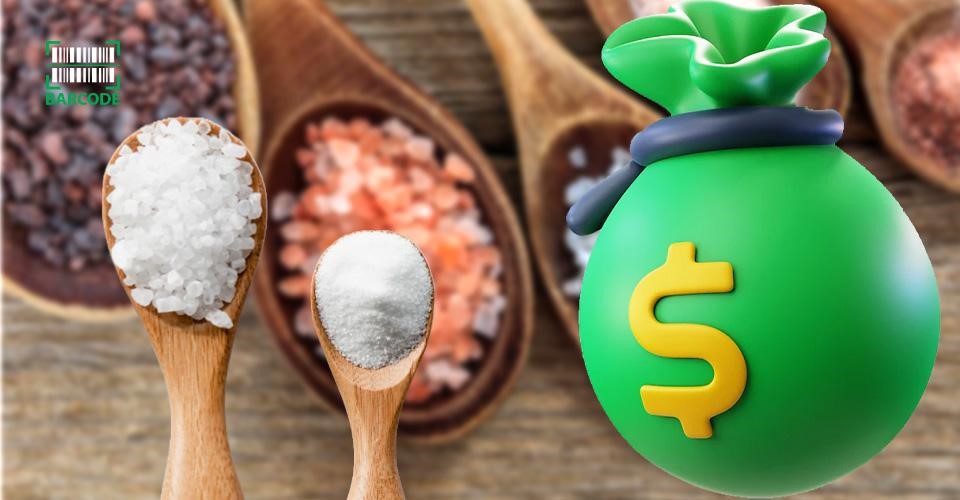
The cost of iodized vs sea salt
Popularity
The last difference between iodised salt vs sea salt is popularity. Sea salt has gained popularity, especially in most restaurants, because of its natural and healthy minerals and processing.
What Are Eating Too Much Salt’s Health Risks?
Whether you use too much iodized salt or non-iodized salt may affect health conditions. Over-consuming high salt can cause heart disease, high blood pressure, and heart attack.
Nevertheless, your diet needs the right salt amount to stay healthy.
According to American Dietary Guidelines, the average sodium in the American diet is too high, about 3,440 mg daily. We recommend taking 1,500 mg.
Lowering sodium in the diet reduces the developing high blood pressure and heart disease risks.

Serious health problems from consuming much salt
Most people who consume salt don't come from adding salt to their home cooking. Instead, the American Health Association says more than 75% of the sodium in people's diets originates from processed foods.
Apart from packaged and processed foods, users should be aware of the high levels of salt found in chicken, cheese, and bread.
Manufacturers can include iodized salt or sea salt additives to prevent clumping.
These additives are anti-caking agents: calcium silicate, potassium ferrocyanide, silicon dioxide, yellow soda water, or iron ammonium citrate.
According to the Food and Drug Administration (FDA), these additives are often quite safe to utilize in salt to help eliminate clumping.
Iodized salt is refined table salt with additional iodine to avoid iodine deficiency and prevent thyroid conditions.
Iodized and non-iodized salt have roughly the same sodium amount but are not healthier.
You shouldn’t avoid iodized salt. This is because iodized salt provides important nutrients and supplements for your thyroid and produces essential hormones.
Thus, the iodine deficiency in your diet may cause problems such as an abnormally low level of thyroid hormones (hypothyroidism) and an enlarged thyroid gland (goiter).
This is because of the iodized salt’s primary taste and texture. Also, it has a chemical aftertaste, not pure and natural minerals.
Conclusion
We’ve completed comparing sea salt and iodized salt based on key criteria, such as taste, usage, health effects, and cost. Both are necessary for your daily diet and help prevent some diseases, such as goiter or hypothyroidism. Yet, consuming too much salt can cause serious health risks such as heart disease and high blood pressure. Thus, you need to moderate the salt amount you use daily for a healthy body.
To finish the iodized salt vs sea salt comparison, we recommend sea salt as the healthier and better choice with the sharper taste and pure and natural minerals with better nutritional value.
Reference sources:
https://www.healthline.com/nutrition/sea-salt-benefits
https://www.webmd.com/diet/what-is-iodized-salt
https://health.gov/dietaryguidelines/2015/resources/2015-2020_Dietary_Guidelines.pdf
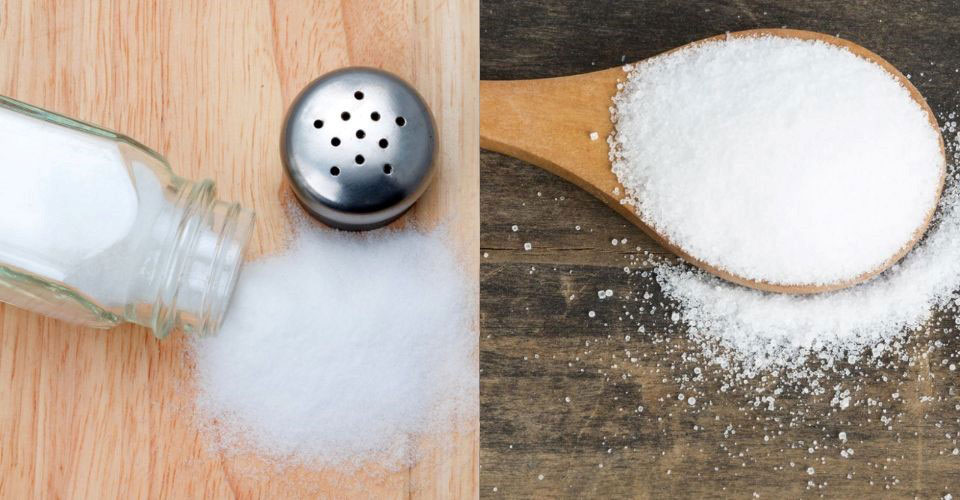

![Whole Wheat vs Whole Grain Diabetes: What Is Better? [Solved]](https://barcodelive.org/filemanager/data-images/imgs/20230217/News_Whole%20Wheat%20vs%20Whole%20Grain%20Diabetes_1.jpg)
7 Comments
Kartik Kothari
Another piece of highly valuable content that goes in my long list of Barcodelive bookmarks. All your ideas are so nicely put together always
Leave a Comment
Your email address will not be published. Required fields are marked *Barcodelive
Thanks
Leave a Comment
Your email address will not be published. Required fields are marked *Margaret Miller
Is sea salt healthier than table salt?
Leave a Comment
Your email address will not be published. Required fields are marked *Barcodelive
Sea salt is NOT IODIZED. If you are in need of this crucial nutrient, then please consider avoiding something lacking in iodine. Chefs prefer sea salt because the iodine content in iodized salt can significantly interfere with particularly delicate flavors, such as that of expensive seafood like lobster.
Leave a Comment
Your email address will not be published. Required fields are marked *Laura Jones
Why do I feel more stronger when using iodized sea salt vs Mortons iodized salt? When I switched to using HAIN iodized sea salt, I noticed my muscles feeling way stronger, like they can contract harder. My moods better and have more energy. I noticed the salt crystals are a little bigger, maybe my body absorbs it better? I also dont taste the salt at all even though the sodium is higher. Maybe this particular sodium is keeping my muscles better hydrated?
Leave a Comment
Your email address will not be published. Required fields are marked *Manjari Upadhyay
Has absolutely nothing to do with the salt.
Leave a Comment
Your email address will not be published. Required fields are marked *Brenda Jackson
Salt has nothing to do with any of what you're describing
Leave a Comment
Your email address will not be published. Required fields are marked *Leave a Comment
Your email address will not be published. Required fields are marked *